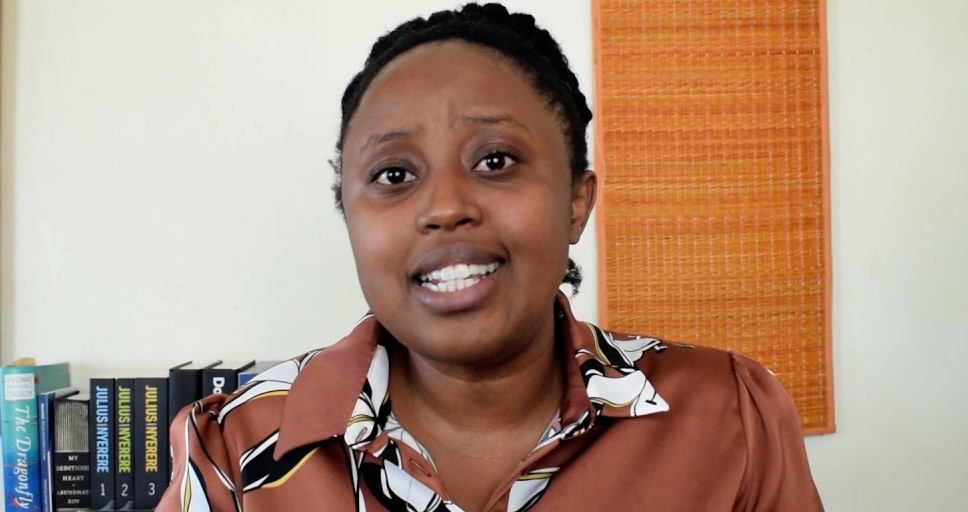A little over seven years ago, British-American freelance journalist Christopher Allen was shot and killed by government forces in South Sudan. He was the 10th journalist killed in the country since its independence in 2011, according to research from the Committee to Protect Journalists (CPJ).
In March, a government-appointed South Sudanese commission tasked with investigating Allen’s killing published its findings, which alarmed the journalist’s family and others pushing for justice and accountability.
This report, published after more than six years of pressure, failed to follow obvious lines of inquiry or to interview crucial witnesses, suggesting shocking levels of incompetence or, more likely, that it was only a box-checking exercise for the government. It seems authorities never intended to credibly investigate the killing, which has been deemed as having the hallmarks of a war crime by lawyers representing the journalist’s family.
Allen’s killing and the impunity around it are emblematic of a hostile media environment in South Sudan, where journalists have paid a heavy price after years of conflict. State repression continues to undermine the media’s ability to report the news, precisely when journalists are needed to keep the public informed amid a fragile post-civil war transition, following the recent decision to postpone by two years the country’s first elections since independence in 2011.
Now more than ever, authorities in Juba must recognize that safeguarding the freedom and safety of journalists, including holding those who attack them accountable, is essential to achieving the aspirations outlined in the 2018 Revitalized Agreement on the Resolution of the Conflict in South Sudan, signed after five years of civil war.
Research by CPJ has linked the killings of six journalists in South Sudan to journalistic work, while investigations continue into the murkier circumstances surrounding the other cases.
Brutality was evident in each of these killings.
Nine of the journalists were fatally shot, including Pow James Raeth who was gunned down shortly after filing a story at the offices of a local NGO that had internet access, and Peter Julius Moi who was killed while walking home. Isaac Vuni, a freelance journalist, was abducted in June 2016 and his body was found dumped at a farm near his home more than three months later. Justice has been non-existent in each of the 10 cases documented by CPJ.
The deaths of these journalists are among numerous horrifying atrocities of great unleashed on South Sudan’s population during the five years of civil war and the lingering unrest in the years after the signing of the 2018 peace agreement. The deaths of these journalists are also symbolic of the silencing of South Sudanese voices. With each killed journalist are buried, untold stories. A journalist killed in connection to their work is a warning to the South Sudanese press corps: Do you want to face a similar fate? Or should you tell a different, safer story?
Today, there are few safe stories in South Sudan.
Journalists are thrown behind bars for covering protests, for reporting that paints the head of state in an unfavorable light, or even for covering a petty church dispute. Media outlets risk being shut down if officials feel slighted by editorial choices and journalists self-censor even in their coverage of the transition.
Intelligence officers intimidate journalists, in their newsrooms and on their phones, and even exercise power to pull copy from printing presses, ensuring that critical reporting on governance and corruption never reaches the newsstands. Even in exile, journalists continue to fear the reach of South Sudanese intelligence, concerns that are well founded given the abductions of dissidents in neighboring Kenya. And hanging over these journalists is the knowledge that if they are slain, their families cannot expect justice.
“We must think twice before posting or publishing,” a radio journalist said according to an October 2023 report by the UN’s Commission on Human Rights in South Sudan. “Journalists in South Sudan have a saying, ‘My children are still little, I don’t want to die and leave them as orphans’,” the radio journalist added.
In an apparent case of media self-censorship, a radio talk show panelist told the Commission that they were told that while on air they should not “discuss accountability and the Hybrid Court”, a that is envisioned as a key part of the transition and which would have the mandate to try crimes against humanity and war crimes.
The 2018 peace agreement also requires the passing of a new constitution, as well as the establishment of domestic institutions to reckon with the past and to ensure healing and reparation. Like the elections, all these processes are woefully behind schedule.
Efforts to steer transition back on track must allow the South Sudanese media the space to report the news freely and safely.
The people of South Sudan deserve a robust media that gives space to critical and marginalized voices and ensures access to information. The country’s leadership must end its relentless aggression against the press. They should also root out a culture of impunity, ensuring those who have attacked and killed journalists are held accountable in credible and independent processes.
Ultimately, the successful completion of the transition remains the most reliable promise that the media can operate freely in the future, and that no other journalist ever loses their life for reporting the news.
Muthoki Mumo is Africa program coordinator at the Committee to Protect Journalists, a global organization dedicated to defending press freedom worldwide.
The views expressed in ‘opinion’ articles published by Radio Tamazuj are solely those of the writer. The veracity of any claims made is the responsibility of the author, not Radio Tamazuj




